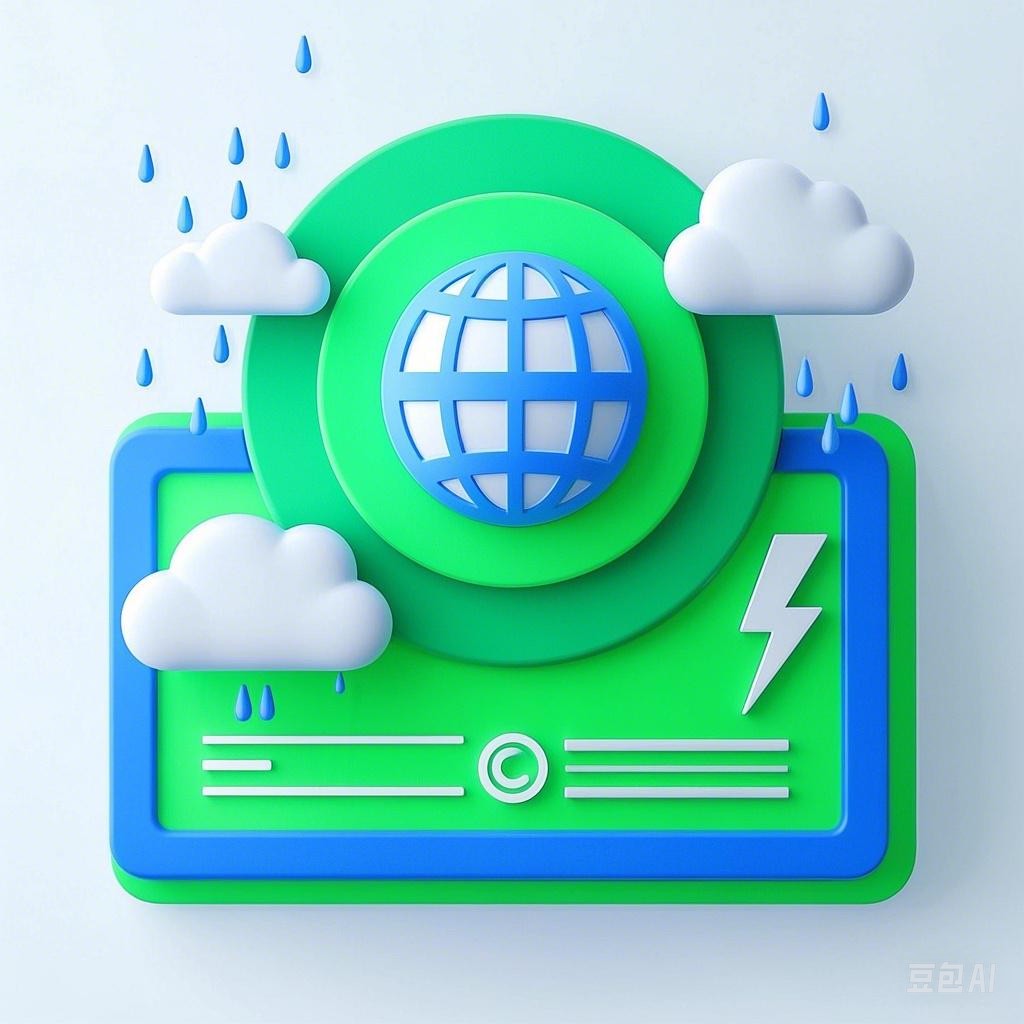Introduction
In an increasingly globalized world, the ability to communicate effectively in English is crucial, especially in the context of disaster prevention and response. This article aims to provide a comprehensive guide on mastering English for individuals and organizations involved in disaster management. Whether you are a first responder, a community leader, or a volunteer, the following sections will equip you with the necessary skills and knowledge to effectively communicate in English during times of crisis.
Understanding the Importance of English in Disaster Management
1. International Cooperation
Disasters do not recognize borders, and international cooperation is often essential in providing aid and support. English serves as a universal language that facilitates communication between countries, organizations, and individuals, ensuring a coordinated response to emergencies.
2. Access to Information
A significant amount of information related to disaster prevention, response, and recovery is available in English. By mastering English, individuals can access this information, stay updated on best practices, and make informed decisions.
3. Effective Communication
Clear and concise communication is vital during emergencies. Mastering English helps in conveying vital information, instructions, and warnings, reducing the risk of misunderstandings and improving overall response efficiency.
Building Your English Skills for Disaster Management
1. Basic Vocabulary
Familiarize yourself with essential vocabulary related to disasters, such as “earthquake,” “tsunami,” “flood,” “evacuation,” and “shelter.” This will enable you to communicate effectively in critical situations.
2. Grammar and Sentence Structure
Ensure you have a strong grasp of English grammar and sentence structure. This will help you construct clear and coherent messages, both in written and spoken form.
3. Listening and Comprehension
Develop your listening skills by exposing yourself to English language materials related to disaster management, such as news broadcasts, podcasts, and training videos.
4. Reading and Writing
Read articles, reports, and guidelines in English to improve your reading comprehension. Additionally, practice writing reports, memos, and emails in English to enhance your writing skills.
5. Speaking Practice
Engage in conversation with English-speaking individuals or join online forums and groups related to disaster management. This will help you improve your speaking skills and gain confidence in using English during emergencies.
Language Resources for Disaster Management
1. Online Courses and Tutorials
There are numerous online resources available to help you master English for disaster management. Websites like Coursera, Udemy, and Khan Academy offer courses tailored to this specific field.
2. Books and Journals
Read books and journals related to disaster management and emergency response. Some recommended titles include “Disaster Management: A Guide to Principles and Practice” by David M. Petak and “The Complete Guide to Emergency Planning” by Paul W. May.
3. Podcasts and Videos
Listen to podcasts and watch videos on disaster management in English. Some popular podcasts include “Disaster Radio” and “The Disaster Podcast,” while YouTube channels like “Ready.gov” and “The Red Cross” offer valuable resources.
Case Studies and Examples
1. Hurricane Maria in Puerto Rico (2017)
In the aftermath of Hurricane Maria, effective communication in English was crucial for coordinating aid and support. Organizations like the United Nations and the Red Cross relied on English-speaking volunteers and staff to communicate with affected communities and coordinate relief efforts.
2. Earthquake in Nepal (2015)
The earthquake in Nepal highlighted the importance of English in disaster management. International aid organizations, such as the United Nations Children’s Fund (UNICEF) and the International Committee of the Red Cross (ICRC), used English to communicate with local authorities, coordinate relief efforts, and provide aid to affected populations.
Conclusion
Mastering English for disaster prevention and response is a valuable skill that can make a significant difference in emergency situations. By building your English language skills, you can contribute to more effective communication, better coordination of aid, and improved outcomes for those affected by disasters. Remember to practice regularly, stay updated on current events, and engage with the global community of disaster management professionals.
